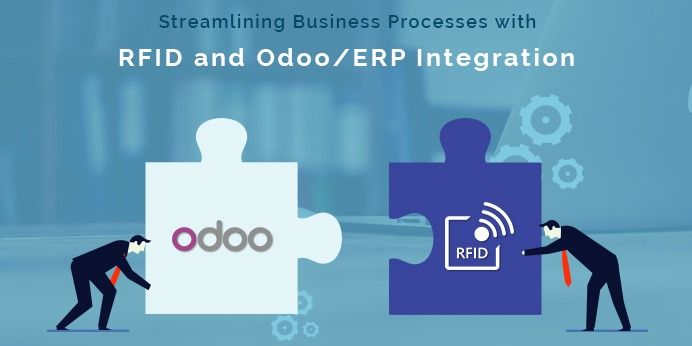

ISO certification for education institutes in India
The purpose of this article is to make the reader aware of the process as to how can an educational institute get an ISO Certification in India.
Saturday June 10, 2017,
4 min Read
Nowadays many of the Primary / Secondary School do not know as to what is ISO and how to get the certification. All they need to do for this purpose is, taking the one step ahead which is required and they can get the ISO certification.
The purpose of this article is to make the reader aware of the process as to how can an educational institute get an ISO Certification in India.
However, some of the benefits of ISO Certification are:
1. It helps in International Approval from the other School
2. It is considered as an Internal system to be Robust
3. .It is however Managed Internationally Skill Level
4. It also helps to Get the edge over the other School with an internationally Recognition
However, in order to get the ISO certification in educational institutions, the following procedure is to be followed:
First Step (Documentation): Develop the Quality Manual of the School in line with the ISO 9001:2008 requirements. Establish the School Quality policy and the objective. Set the role and the responsibility of each personal within the Institute. Provide the awareness training to each of the personal on the ISO 9001 requirements, Quality Policy & objective, process, procedure, criteria Teaching Plan, Organization chart of School, School Layout and Various Plan, Conduct the Internal Audit and the Management review meeting on the implemented QMS Management System.
Second Step (Identification of School Process): Generally the school process are however the Administering services, Applicants Process, Allocating the spaces for the classrooms, laboratories, workshops, libraries, and also other similar spaces, Allocating the teaching loads, Assessing the performance of the Student, Designing and also developing the validation results of the curricula or the syllabus, Developing the course catalogues, Developing the course material, Hiring of the administrative and the teaching staff, Marketing and the recruitment process, Providing of security, safety and the civil protection services, Selecting and also enrolling the learners.
Third Step (ISO Certification Process): Generally the certification body, however, sends the Application form in order to get the client information which is thus related to the school. From this the information which they would however calculate, the No. of MD which would then be audited and after that they would also send the quotation, after the approval of the Quotation from your side and then they would also communicate with you for the date of auditing for the purpose of stage 1 audit.
Fourth Step (Technical Review / Certification decision): After the audit, the auditor is however required to prepare the report and then submit the report for the purpose of Technical review and the Technical reviewers are recommended for the certification. After the commercial finalization, the educational institution would get the certificate within 10 working days.
Fifth Step (Certification Cost): The ISO cost of the certification is also not fixed and it also varies from organization to organization and also the certification body in general practice , the cost of certification shall thus be derived after considering the Number of employee (Full time/ Part time/ Subcontracted), Number of Sites or the Branch of School Education is covered under the certification and the number of the working shift.
Sixth Step (Selection of Certification Body): There are however many Certification bodies in India — but it is also advised in order to select that certification body — who have the accreditation from the Accreditation body — who is, however, a member of the IAF. The second parameter with the end goal of choice of the ISO confirmation body is the cost of the accreditation and furthermore if conceivable the administration of the affirmation body which is however accessible to in your general vicinity/city.
Seventh Step ( ISO Certification Training): Generally most of the people, however, get the ISO Training from the consultancy for purpose of implementation of the Quality Management system which is within the organization, but they generally are not recognized by the Body.
It is however advised that the person should also get the training from the recognized body which is thus near to your city. The recognized body will thus provide the five-day Training and would then also provide the proper knowledge of the ISO 9001:2008 Training for the purpose of implementation.
The recognized body would provide the certificate and this certificate is valid worldwide.
This article has been contributed by Simmi Setia, content writer, LegalRaasta- an online platform for legal services such as ISO certification, GST software, GST return filing, ITR filling, TDS return filing etc.




